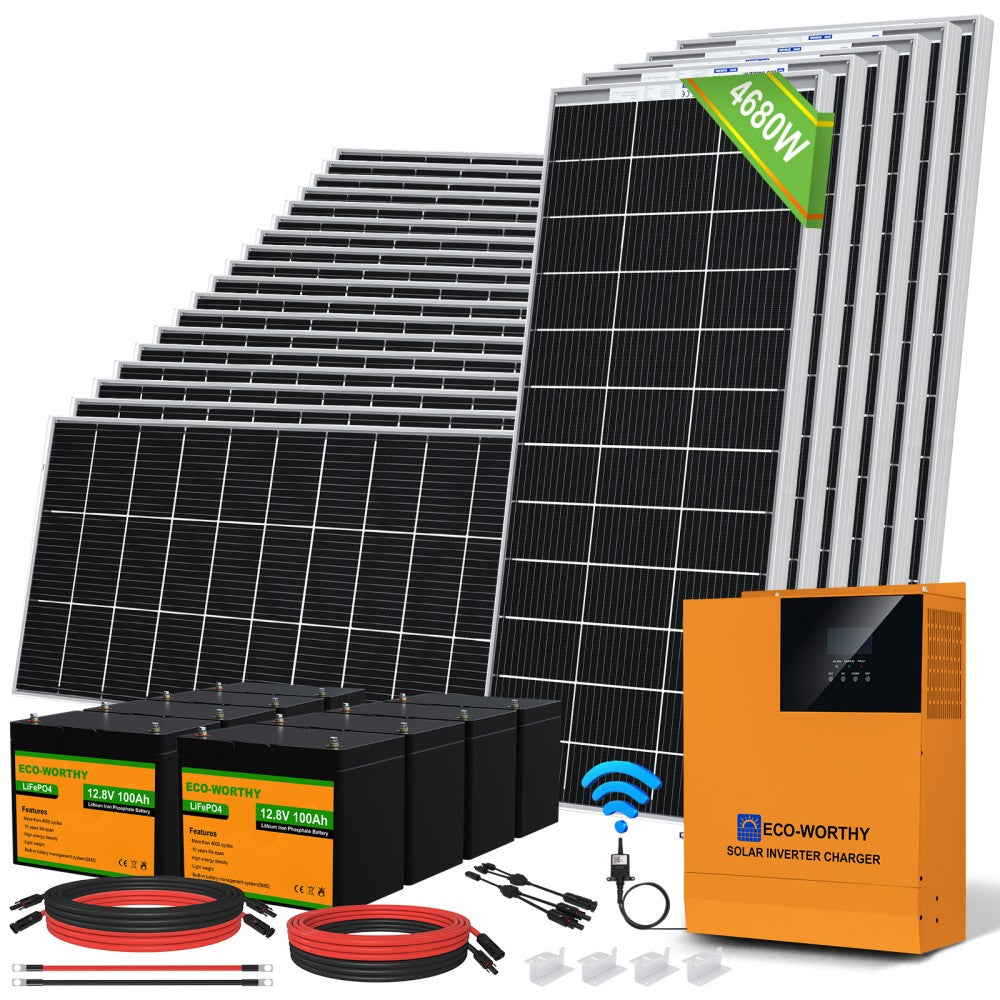The Ultimate Guide to Off-Grid Solar Systems: Choosing the Right Battery for Your Needs
الجسم
In an era where sustainability is paramount, the off-grid solar and battery systems have emerged as a viable solution for energy independence. This guide aims to provide a comprehensive understanding of these systems, helping you make informed decisions tailored to your energy needs.

Understanding Off-Grid Solar Systems
Off-grid solar systems are designed to operate independently of the traditional electricity grid. They harness solar energy through photovoltaic panels, converting sunlight into electricity. This electricity can then be stored in batteries for later use, ensuring a continuous power supply even during cloudy days or at night.
Components of Off-Grid Solar Systems
- Solar Panels: The primary component that captures sunlight and converts it into electricity.
- Inverter: This device converts the direct current (DC) generated by solar panels into alternating current (AC), which is used by most household appliances.
- Batteries: Essential for storing excess energy generated during the day for use at night or during periods of low sunlight.
- Charge Controller: This regulates the voltage and current coming from the solar panels to the batteries, preventing overcharging.
Choosing the Right Battery for Your Off-Grid Solar System
When it comes to selecting a battery for your off-grid solar and battery system, several factors must be considered. The right battery can significantly impact the efficiency and longevity of your solar setup.
Types of Batteries
There are primarily three types of batteries used in off-grid solar systems:
- Lead-Acid Batteries: These are the most common and cost-effective option. They are available in flooded and sealed varieties, with the latter being more maintenance-free.
- Lithium-Ion Batteries: Although more expensive, these batteries offer a longer lifespan and higher efficiency, making them a popular choice for modern solar systems.
- Nickel-Cadmium Batteries: Known for their durability and ability to perform in extreme temperatures, these batteries are less commonly used due to their high cost and environmental concerns.
Key Considerations for Battery Selection
When selecting a battery for your off-grid solar and battery system, consider the following:
- Capacity: Measured in amp-hours (Ah), this indicates how much energy the battery can store.
- Depth of Discharge (DoD): This refers to how much of the battery's capacity can be used without damaging it.
- Efficiency: Look for batteries with high round-trip efficiency to maximise energy use.
- Cost: Evaluate the initial investment against the long-term savings on energy bills.
Conclusion
Investing in an off-grid solar and battery system can provide you with energy independence and sustainability. By understanding the components, types of batteries, and key considerations, you can make an informed decision that suits your energy needs. For those interested in exploring various options, check out  for a range of off-grid solar kits tailored to your requirements.
for a range of off-grid solar kits tailored to your requirements.









تعليقات